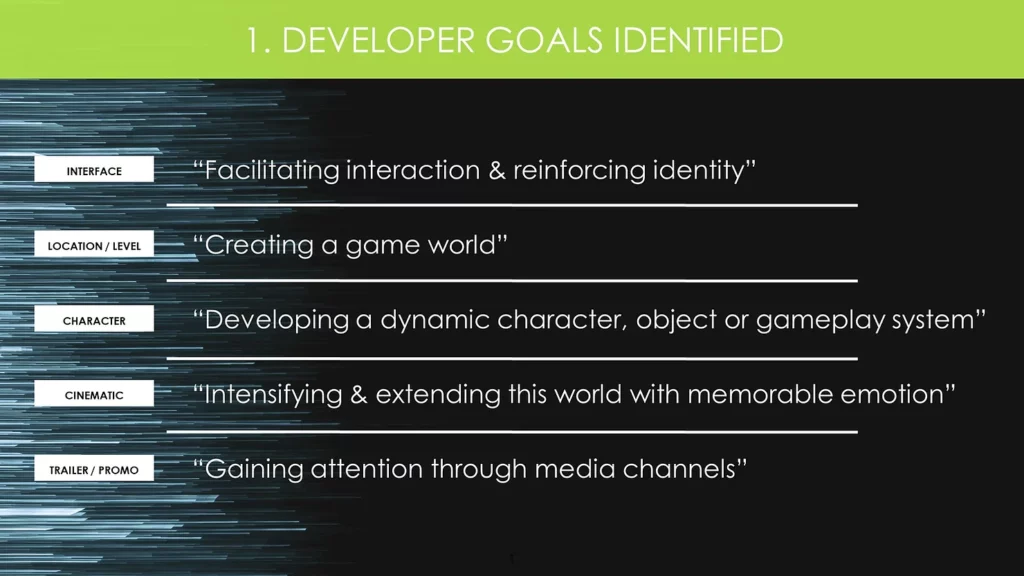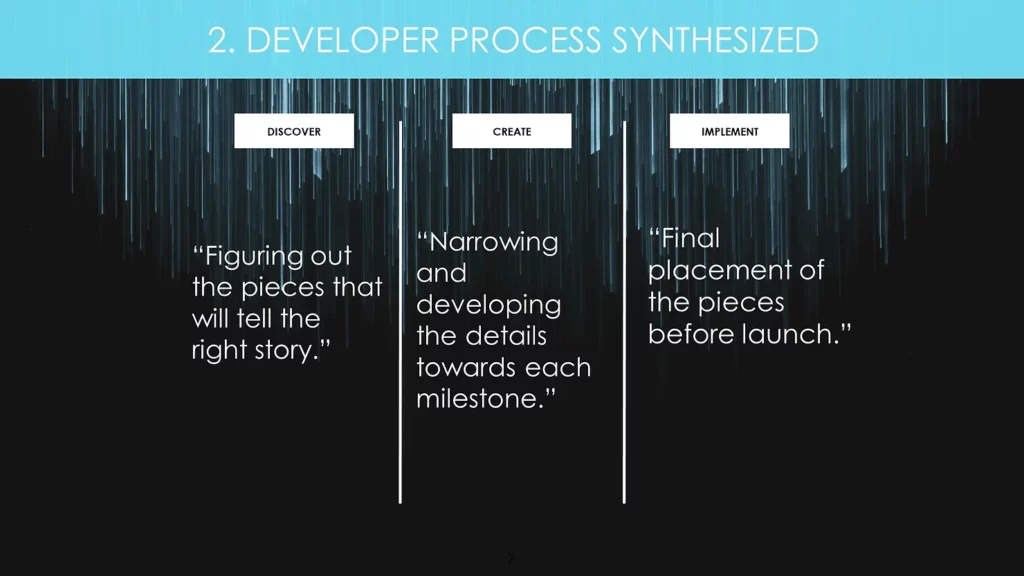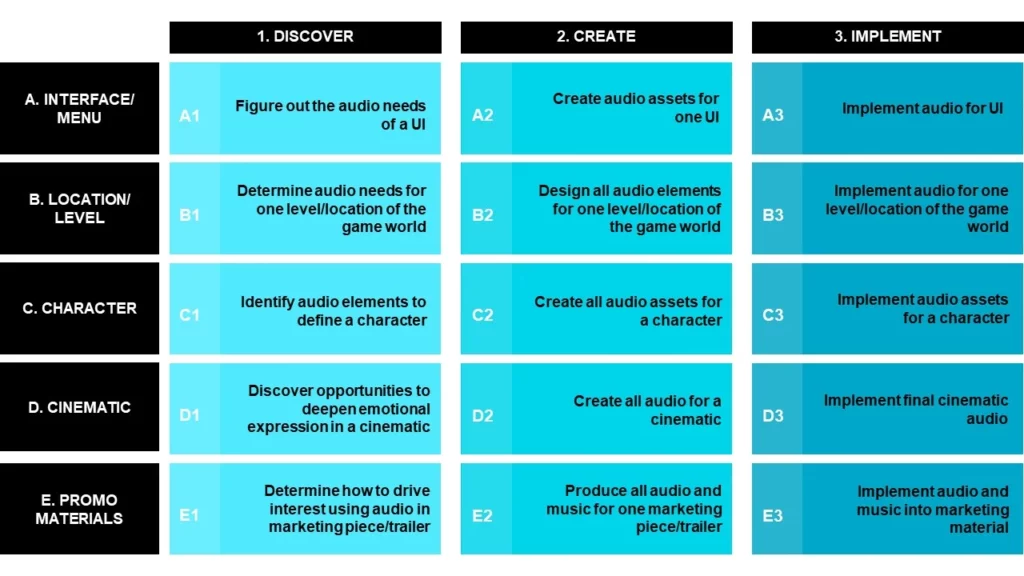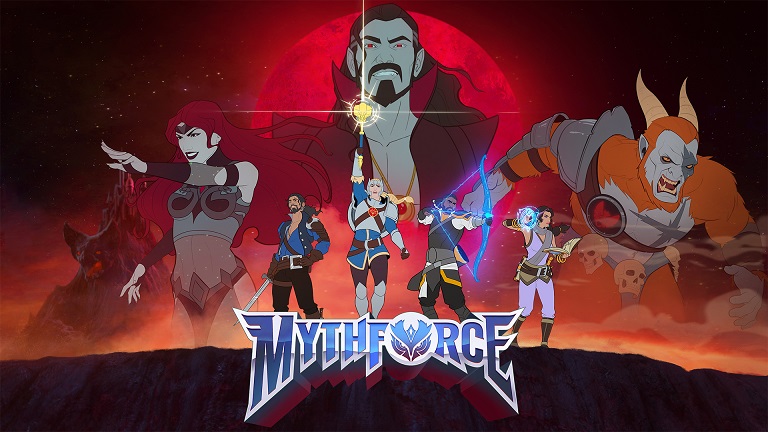From a business and collaboration standpoint, we’ve been doing audio wrong. Well, not totally wrong. Understandably wrong. Want to know why I think so? Lots of research and design/innovation thinking.
TL:DR – Here’s a video that walks through the rest of this article. If that’s more your style, check it out: https://youtu.be/_M2s0ZbeGe8
Hey all – my name’s Elliot Callighan. I’m a Composer and Sound Designer based in Chicago, IL and I’ve got something to say to all us game folks.
Some background:
I began playing violin at the age of four, piano at eight, guitar at 12 and the computer at 20. I enlisted in the Army National Guard to use the education benefits to study composition and cinema audio production. Up until late last year I had been working in many industries – film, commercials, TV music & SFX libraries, trailers, and of course games.
At the same time I had been teaching sound and music courses at DePaul University and found myself filling a game audio niche. I was the only faculty that knew considerations for game audio asset creation, implementation, or the use of middleware. Much of my work outside DePaul was coming from games, and being a gamer my whole life (starting with Streets of Rage on Genesis), I was happy to be working in games as both an educator and practitioner.
So, I decided late last year to embrace the situation life was giving me and plunge into games head-first.
My wife, Stacy, being the wonderful person that she is offered to help me research the game audio industry. She’s helped companies such as United Airlines, Nike and FedEx think through offerings and user experiences from phone apps to football stadiums, so I was ecstatic to have her help.
We set out on a 5-month quest to identify what was lacking in terms of audio for developers and create a process driven by the needs and desires of indie and mid-level teams.
We started out looking at 21 game audio freelancers from most to least successful in order to understand the low points & high points in their marketing and craft. Next, we analyzed 32 indie and mid-level development teams to see how they approach audio. This included researching how teams find an audio group to collaborate with and how their collaboration experiences and end audio products could improve. Lastly, we had in depth interviews with four developers (all non-audio people) to validate and challenge the patterns we were seeing and unveil further insights that had yet to come up.
From this research, we heard three regularly recurring themes:
“Be the Audio Guru”
Teams wanted one person or group to take care of all their audio needs. Too many audio folks are currently treating themselves like a silo by only doing one aspect of audio (ie. only composing, mixing, or only SFX). Having a single audio guru would allow dev teams to communicate fluidly and decrease the existing complications from both a creative & business standpoint
“Think Like a Developer”
We heard many dev teams struggling with the current quoting, pricing and creative process with their audio collaborators. First, it can be difficult to predict how many or what type of audio assets are needed while the game is still in development in order to get an accurate quote. Second, many audio groups are coming from industries outside of gaming making it difficult to collaborate in terms that are comfortable for development teams.
“Teach Importance of Emotion”
In our research, we uncovered developers either highly valuing the importance of audio or viewing it as a last-minute need. However, those who put an emphasis on audio from beginning to end typically had more successful campaigns and games than those who didn’t – showing a true opportunity for audio to be a holistic aspect of development versus a one-off.
Solutions:
With these learnings in place, we began brainstorming how to activate each theme into an actionable opportunity. The first one was pretty easy – offer a one-stop total music, sound design, dialogue, trailer/promotional music and implementation solution. Check.
The second one, however, was far more complicated.
Instead of grouping services in audio terms such as dialogue, sound design, foley, etc, we heard developers desiring support that aligned with their process. Terms like “character”, “location/level” and “interface” were commonplace – foley was not.

We also heard developers talk about their process from conception, to creation, to implementation. Most audio folks are only filling one part of this process, and don’t offer their services with this overall development process in mind.

At this point, we identified evolved service offerings for audio needs and a more defined process these services support. We then looked at the intersection of dev services and the development process to create modules that would exactly fit a developer’s needs.

The initial feedback we received on these modules was fantastic, but our next challenge was to test the system and determine how to best price it.
Articles 2 and 3 available on LinkedIn here.





